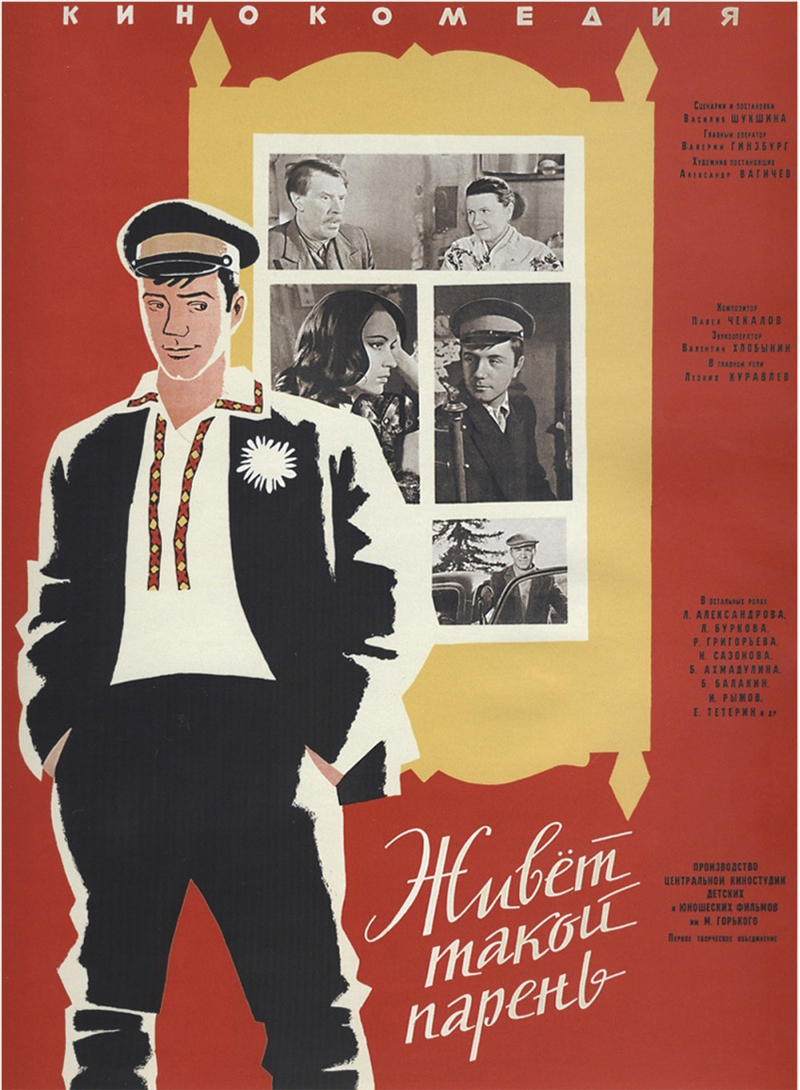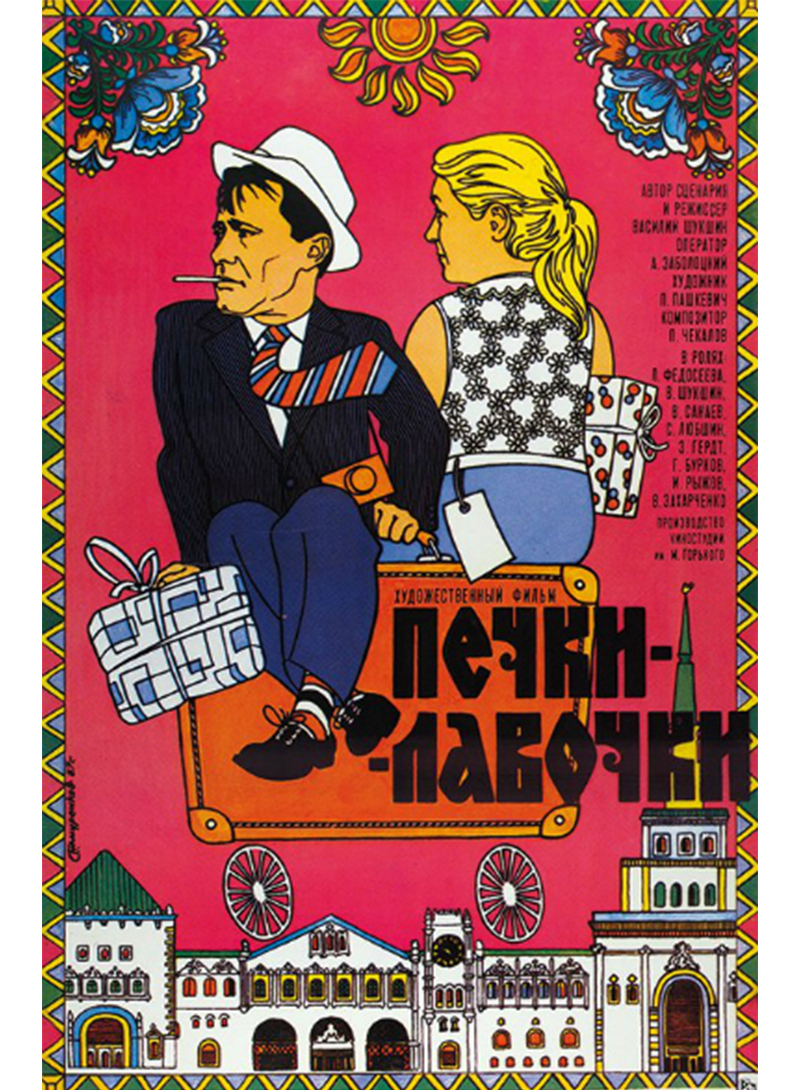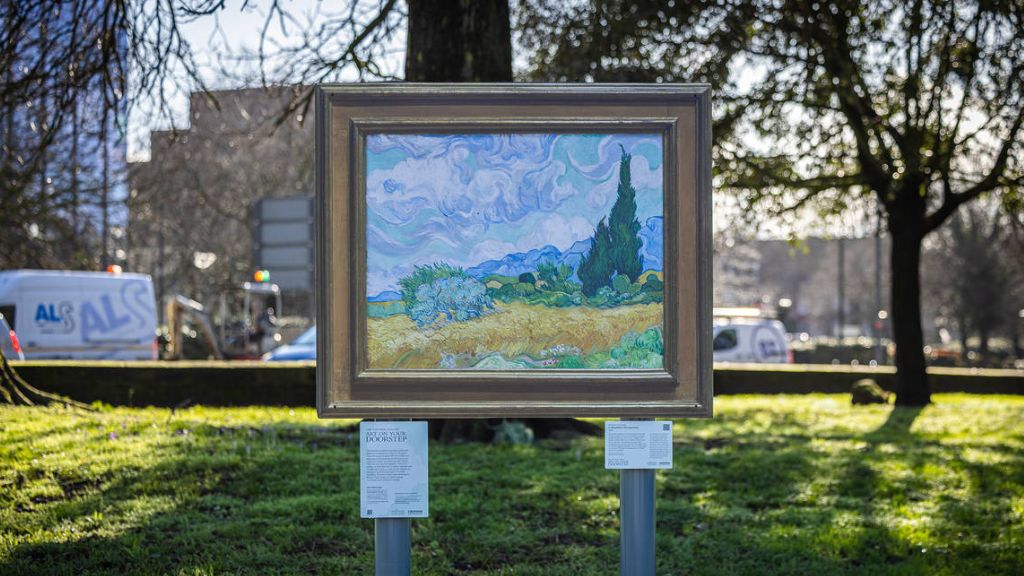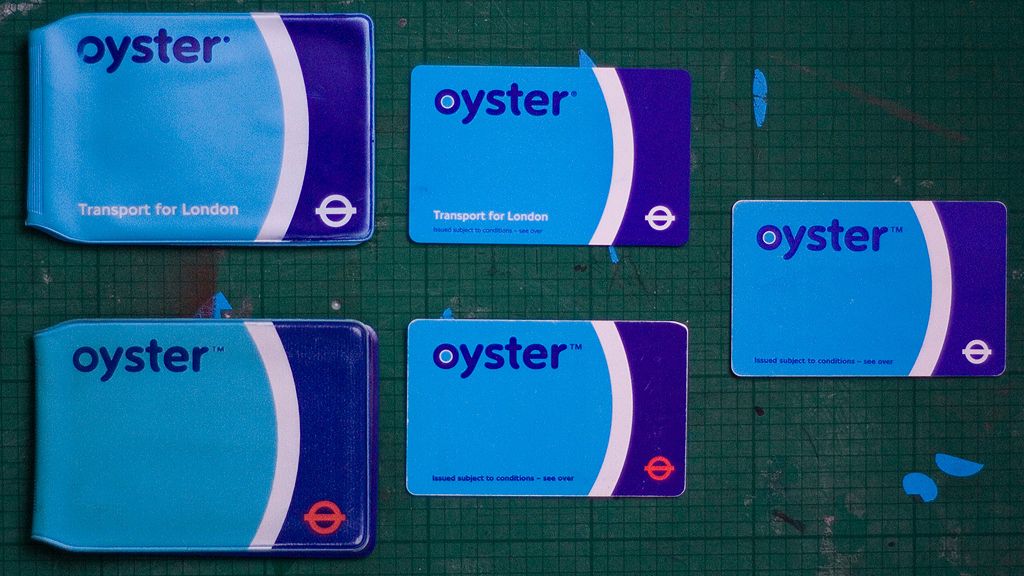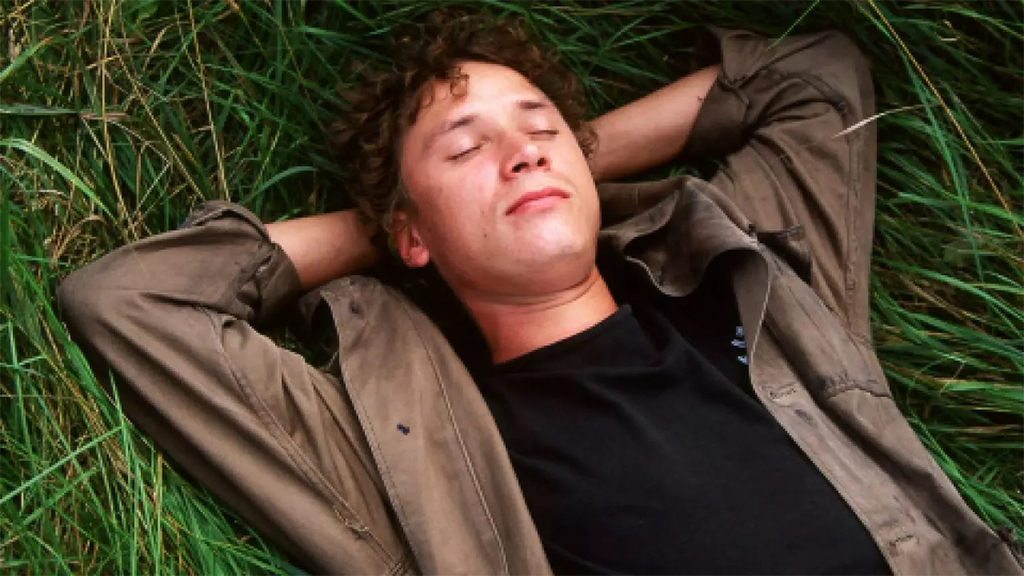
Pick of the week: Boris Khlebnikov’s “Free Floating” and the Russian province through the lens of Vasily Shukshin
Modern Russian cinema for the most part documents only the life of two capitals — Moscow and St. Petersburg — and very seldom turns to other big cities. However, Russia is the largest country in the world, and in its vastness there are many villages, hamlets and small regional towns, the problems of which are practically never shown on the silver screen. Boris Khlebnikov’s film Free Floating is an exception to the rule, and this week it can be watched on the British streaming platform Klassiki. In addition to Free Floating, Afisha.London magazine also recommends two classic Soviet films about the life of the Russian province.
Free Floating | Свободное плавание
dir. Boris Khlebnikov, 2006
The main character, 20-year-old Lyonya, encounters the ‘adult’ world for the first time in his life and is in search of work. He lives in the small town of Myshkin on the banks of the Volga in the Yaroslavl region, where there are no opportunities and all residents make practically the same life choices for the lack of an alternative. Following a local tradition, Lyonya gets a job at a factory where almost all of the town’s men work, but it suddenly collapses, leaving everyone on the street. Thus, the main character and the rest of the Myshkin’s male residents find themselves unemployed. Similar scenarios are quite common in Russia — there is work either in regional centres or in rural areas, where farming is a go-to job, while towns like Myshkin have nothing to offer their residents from both economic and cultural points of view. Free Floating is a film about the oppressive hopelessness that envelops the Russian province, which almost never becomes the basis of film scenarios.
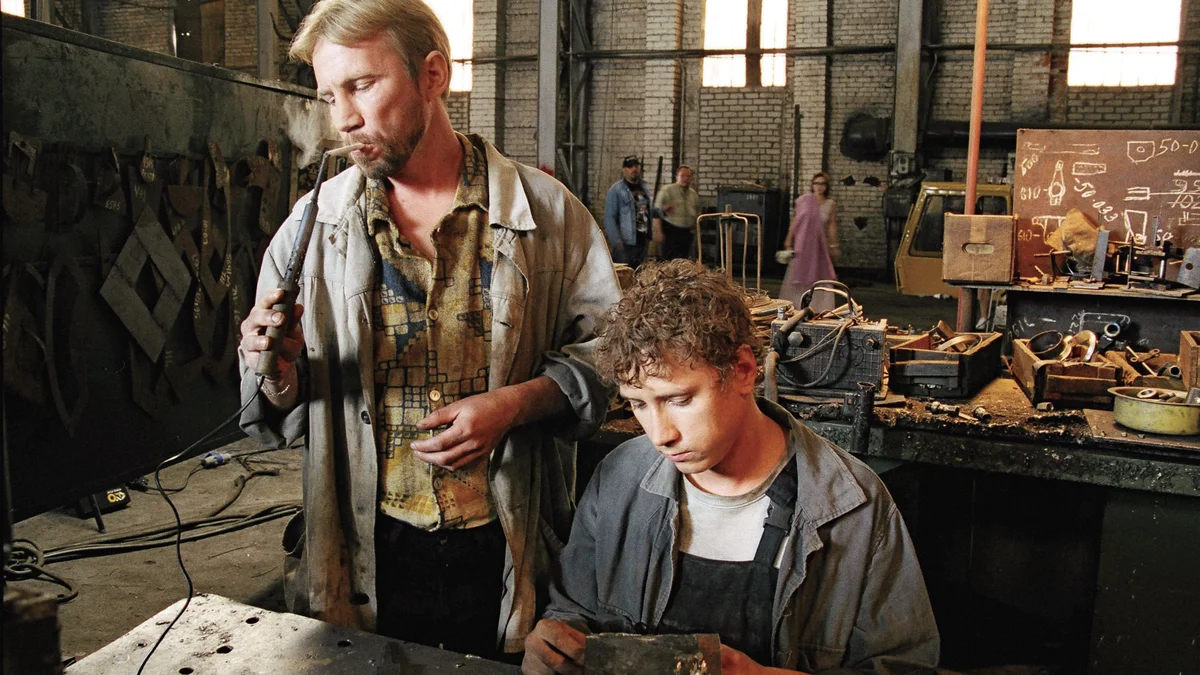
A still from “Free Floating”
After the closure of the factory, Lyonya changes several jobs, which is frowned upon at the town’s labour exchange — there are almost no jobs available, but he still allows himself to pass up on “excellent opportunities”. Each time Lyonya finds different reasons to quit: for example, he decides to leave the roadwork team because of an unpleasant boss who, right in front of the him, calls Lyonya an idiot. Basically, Free Floating is a smoothly flowing essay on the life of one person. There is no clearly defined specific plot, in fact, just like in life — one event follows another, and this process is not always fascinating. The main character himself is also does not have a particularly interesting temperament, he is practically silent throughout the film, and the viewer rather observes everything that happens around Lyonya through the character’s eyes than actually follows him. Thus, the minor characters come to the forefront, while the main character remains somewhat in the shadows.
Watch in excellent quality with English subtitles on Klassiki
Russian outskirts in the films of Vasily Shukshin
Soviet director, screenwriter, writer and actor Vasily Shukshin was born in the village of Srostki in the Altai Krai, which is the fact he never forgot throughout his entire career. Shukshin was well aware that he came from provincial Russia to ‘intelligent’ Moscow, so he sought to show the Soviet people living in large cities how the rural life looked like. Such stories were not welcomed by the Soviet authorities, since back then the USSR was on the course towards educating its population, while the provincial working class was far from how the government imagined its model citizens — all this is quite contradictory to the Soviet ideology, which initially was all about overthrowing the bourgeoisie and the ascension of proletariat. As a result, Shukshin’s work was mostly censored, since he showed a completely different side of Soviet life from what the authorities wanted to see. Both of the films listed below have been subject to the Soviet censorship in one way or another, but the most important thing about them is that they are full of kindness and, as many critics have noted, show the human soul.
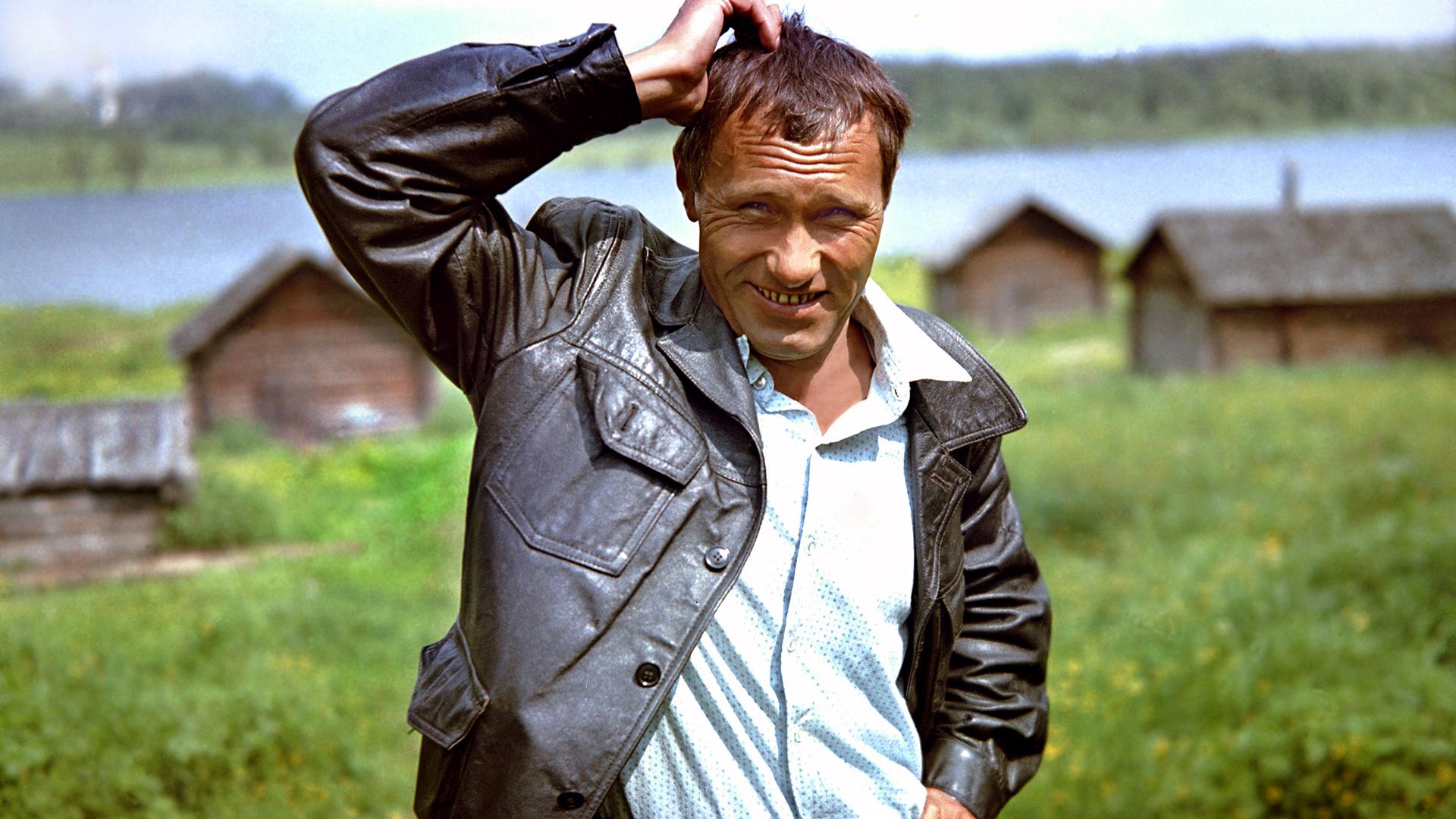
Vasily Shukshin. Photo: Igor Gnevashev/Global Look Press
There Is Such a Lad | Живёт такой парень
dir. Vasily Shukshin, 1964
The story of a truck driver Pashka is much more optimistic than Lyonya’s, however, these two films still have two things in common: both characters are simple and naive, but bright and kind young people, while the stories themselves unfold in the Russian province. Pashka drives a truck, meets different people, visits different places. The state did not like the fact that Shukshin made a movie about the working class and “glorified illiteracy”, so the premiere of the film was not allowed to take place in Moscow, which later did not prevent the it from winning a Golden Lion at the Venice Film Festival. There Is Such a Lad is a sincere portrait of the Soviet province, which shows the lives of various people and even documents a feat that Pashka accomplishes towards the end.
Watch in excellent quality with English subtitles on Klassiki
- A poster for “There Is Such a Lad”
- A poster for “Happy Go Luck”
Happy Go Lucky | Печки-лавочки
dir. Vasily Shukshin, 1972
A film about the clash of provincial life with urban life. In the centre of the plot is a married couple from native to Shukshin Altai Krai, who for the first time got a ticket to the sea. During a long trip from one side of Russia to another, the characters, who have never left their native lands, meet various fellow travellers, not all of which are kind to naive villagers. The contrast between the provincial working class and the urban intelligentsia is very clear, but Happy Go Luckyis not at all a film that ridicules the Soviet ‘bourgeoisie’ and glorifies the proletariat. Vasily Shukshin shows the merits and faults of both sides, while celebrating the beauty and diversity of Russia.
Watch in excellent quality with English subtitles on Klassiki
Cover photo: a still from “Free Floating”
Read more:
Rudolf Nureyev: an emigrant, who became a ballet legend
How Britain discovered Gorbachev, and Gorbachev discovered Britain
Felix Yusupov and Princess Irina of Russia: love, riches and emigration
SUBSCRIBE
Receive our digest once a week with quality Russian events and articles
